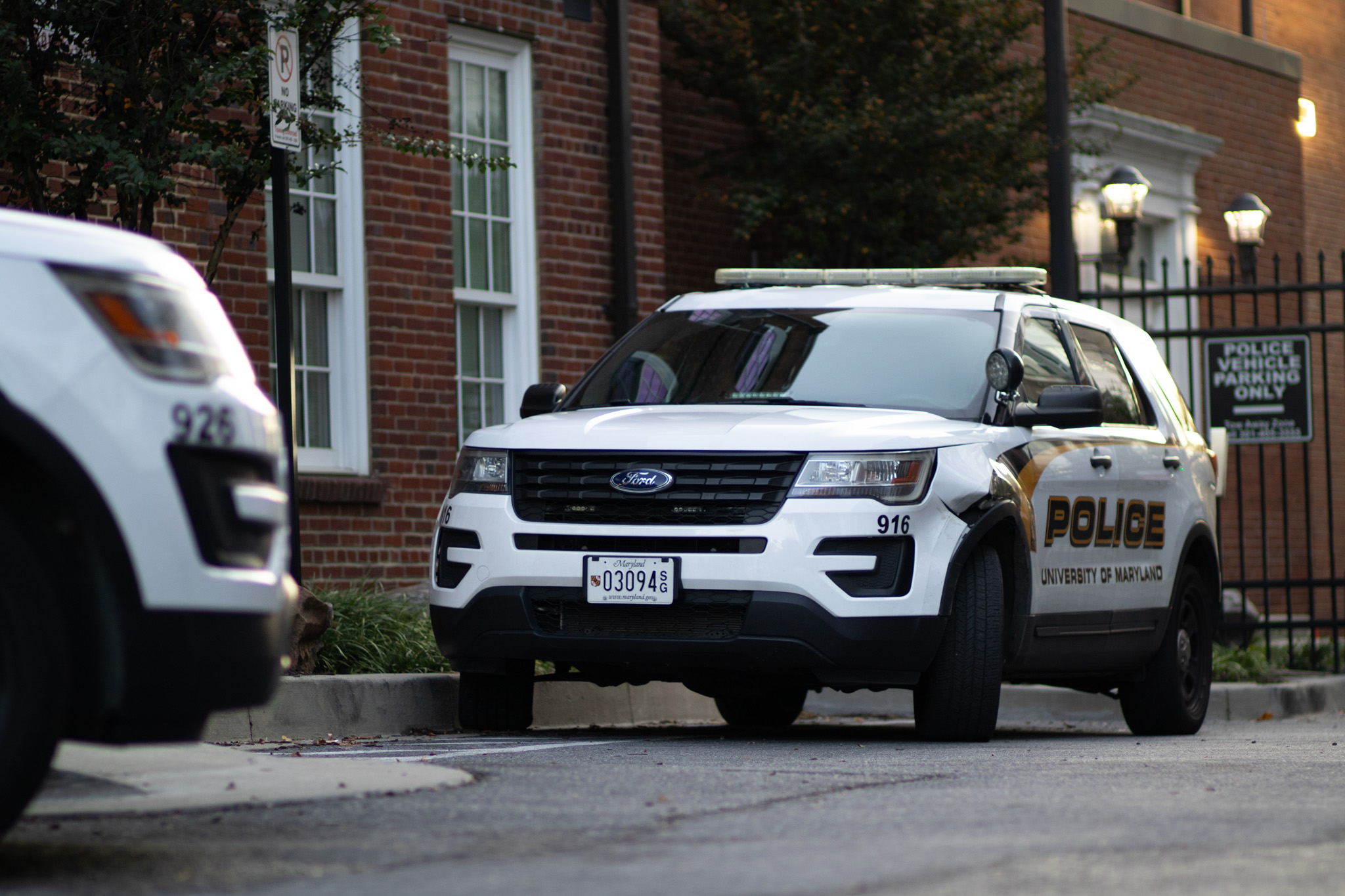Views expressed in opinion columns are the author’s own.
While it is undoubtedly true that risks need to be taken in the pursuit of progress, it is also true that this adage can also be used to justify patently stupid investments. Among the stupidest of investments at the University of Maryland is ShotSpotter, an artificial intelligence gunshot detection service.
Well, that’s what it’s supposed to be. It’s also particularly good at picking up anything from buses crushing water bottles to dumpster lids being closed to fireworks being lit. But the real purpose of such a program is painfully obvious: to make people feel better about campus safety, particularly those in power, including a campus police force actively looking to expand it.
Yet, the more than $135,000 that University of Maryland Police have spent on a program that is not just useless, but also actively dangerous to community members pales in comparison to cities such as Pittsburgh, Pennsylvania, that have wasted $10 million dollars with nothing to show.
It’s not too late to divest. The best time to stop dealing with ShotSpotter was before administrators signed the dotted line. The second-best time to do so is now, despite the sunk cost.
It’s no surprise that a seemingly high-level and high-technology solution to gun violence, one of the biggest concerns in American society, appeals to us. It is even less surprising that there are firms and companies out there promising easy solutions with measures that simply do not work.
Ideally, the woes of our ties to ShotSpotter would end with us being able to laugh about buses running over a water bottle and the partnership being useless. But the damage this program has done to people across the nation cannot be understated. Whether it be the murder of 13-year-old Adam Toledo, the wrongful imprisonment of a grandpa, or the continued over policing and harassment of minority communities, ShotSpotter does nothing but exacerbate the ugliest parts of policing in the United States.
Even the technology’s basic premise is poorly thought out. Loud noises automatically alert police to gunshots, making any situation they investigate immediately hostile. In the event of gunshots, the system is so inaccurate that we couldn’t fault officers for responding haphazardly when these are false positives 87 percent of the time in places such as New York City.
There may be an argument for such a program if there was any evidence for it doing anything at all. But study after study confirms the contrary.
One found that there are “no reductions in serious violent crimes, yet [acoustic gunshot detection] increases demands on police resources.” Another comprehensive study found that “ShotSpotter technology has no significant impact on firearm-related homicides or arrest outcomes.” In Houston, Texas, it was found to delay police response times, leading the mayor and police force alike to abandon the “gimmick” program.
Firms such as SoundThinking, which owns ShotSpotter, have found an opportunity to sell pickaxes during the gold rush of American gun violence. The only people who benefit from programs like this are the ones pushing the gimmick while the rest of us get left to fend for ourselves.
A now-revived and infamous quote from an IBM presentation in 1979 rings true in an era where AI and technology’s oversaturation continues to overpromise and underdeliver. “A computer can never be held accountable. Therefore it must never make a management decision.” This system is not just making management decisions, it is making life-and-death decisions with unparalleled inaccuracy.
This university needs to heed the findings from every other city, town and locality that has fallen victim to this program and divest from ShotSpotter — and any other technologies that can’t distinguish Poland Spring from a pistol for that matter. We, both as a campus and as a society, cannot be putting our lives and well-being at the hands of algorithms like this. They do not care about student safety. They do not care about UMPD. They do not care about you or me. We ought to return the favor.
Rohin Mishra is a graduate applied political analytics major. He can be reached at rpmishra@umd.edu.



